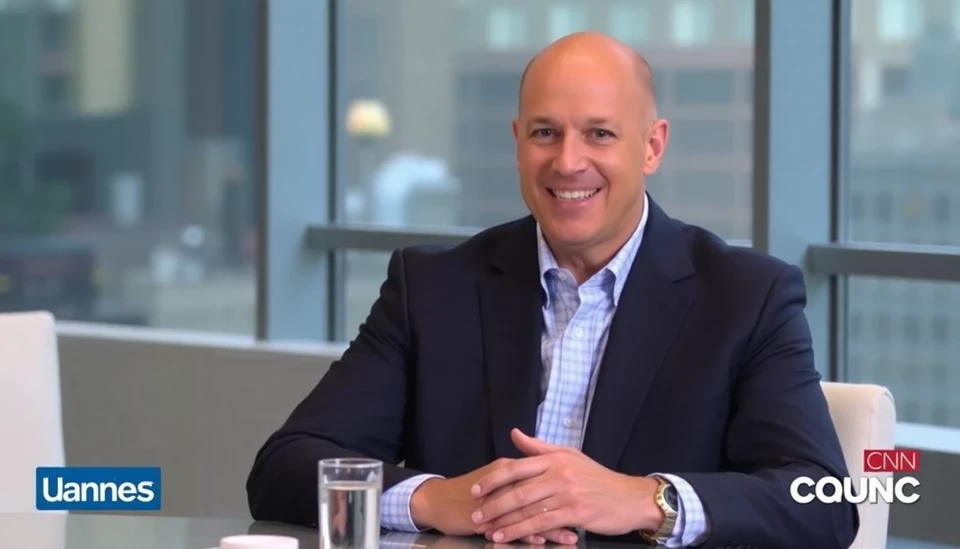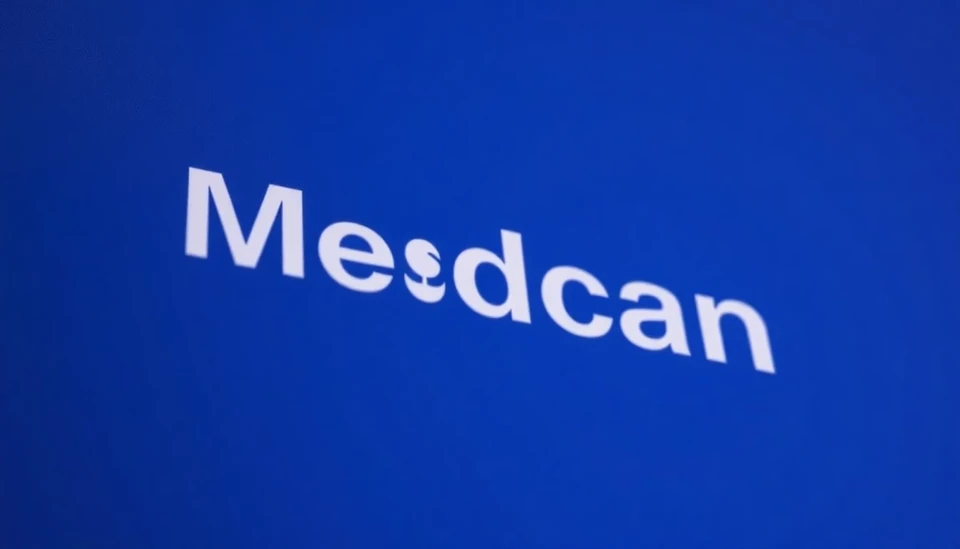
In a significant development, a long-standing whistleblower lawsuit involving Medicare Advantage has been settled in New York. This case has been the focus of considerable attention, as it sheds light on the potential fraudulent practices within the Medicare Advantage program, which provides vital health coverage to millions of seniors across the United States.
The lawsuit, originally initiated by a former employee of a major insurer, alleged that the company engaged in deceptive practices that inflated payments from Medicare. This accusation struck at the heart of a system designed to ensure fair and equitable access to healthcare for elderly citizens, raising concerns about the overall integrity of Medicare Advantage plans.
According to reports, the settlement reached is expected to involve a substantial financial payout, although the exact figures have not been disclosed publicly. The agreement comes after a protracted legal battle that highlighted the struggles and challenges faced by whistleblowers in the healthcare system, often risking their careers to expose alleged wrongdoing.
More than just a financial settlement, the outcome of this lawsuit is poised to have broader implications for Medicare Advantage. It brings to light the need for increased scrutiny of how these programs operate and the practices employed by insurers. Stakeholders, including policymakers and regulatory bodies, will likely reassess the oversight mechanisms currently in place to ensure compliance and protect beneficiaries from potential exploitative behaviors.
The plaintiff in this case, who chose to remain anonymous for safety and privacy reasons, expressed a sense of relief following the settlement, stating that the litigation process was both exhausting and rewarding. The decision to come forward and file the lawsuit was not taken lightly, but the whistleblower felt a strong moral obligation to report the suspected fraudulent activities that could ultimately harm Medicare recipients.
Insurers that participate in the Medicare Advantage program may need to reassess their operational protocols and compliance standards in light of this settlement. With growing awareness and scrutiny surrounding healthcare practices, companies must strive for transparency to maintain the public’s trust and avoid future legal entanglements. The ramifications of this case could ripple through the industry, prompting other whistleblowers to come forward and report similar concerns.
As the healthcare landscape continues to evolve in the United States, this settlement serves as a reminder of the critical role that whistleblowers play in maintaining accountability. It's a call to action for both the healthcare industry and regulators to work collaboratively to ensure that programs like Medicare Advantage serve their intended purpose effectively and ethically.
Moving forward, all eyes will be on how policymakers and regulatory agencies respond to this settlement. How they choose to enforce regulations will be key in preventing potential fraud and abuse in the Medicare Advantage program and restoring public confidence in the healthcare system.
In conclusion, the settlement of the Medicare Advantage whistleblower lawsuit marks a pivotal moment in healthcare accountability. It not only highlights the risks faced by those who speak out against wrongdoing but also underscores the necessity for rigorous oversight to protect vulnerable populations.
#MedicareAdvantage #Whistleblower #HealthcareFraud #RegulatoryOversight #HealthcareAccountability
Author: John Harris




